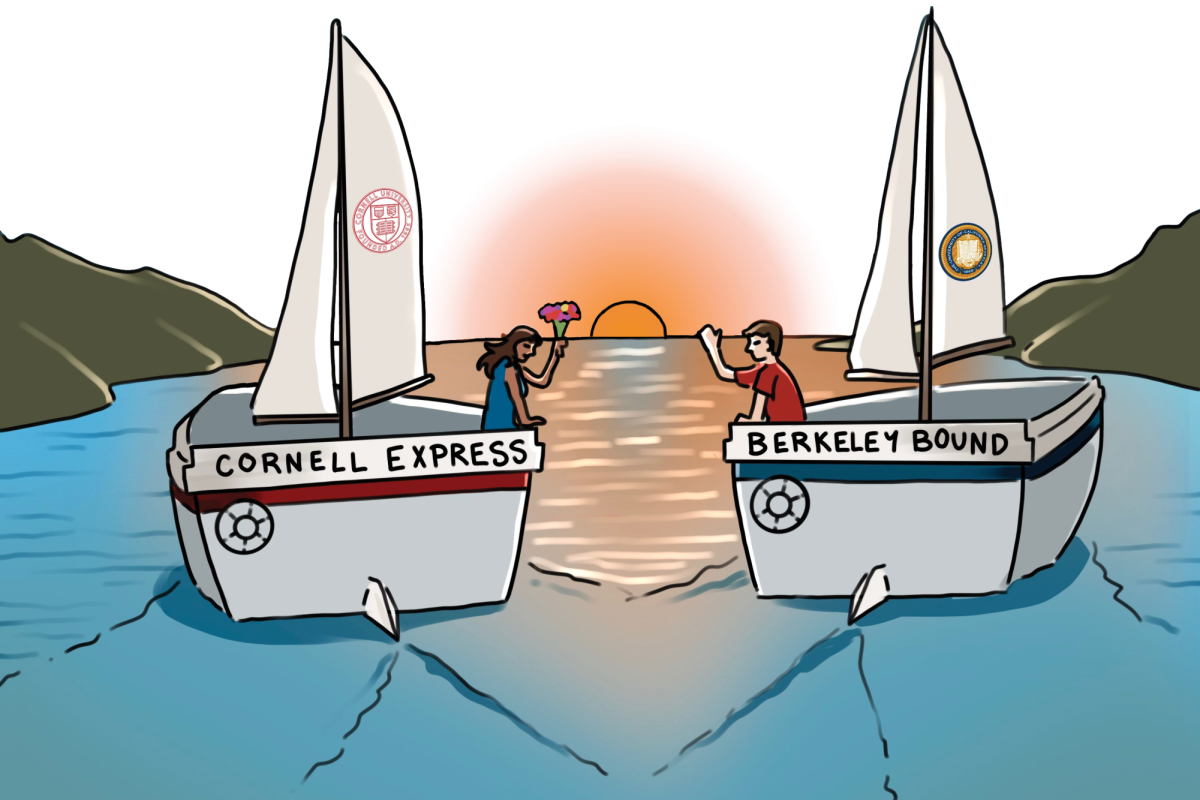By Danielle Kolin
The clear liquid smells like a mixture of rotten fruit and smelly feet. The three graphs obtained from the lab work depict sharp abrupt peaks and extended plateaus, lightly sketched in pencil by school machines. The density of the liquid is 0.649 grams/milliliter and its boiling point is 50 degrees Celsius.
With this data, Melissa Saphier â08 is required to determine the identity of an unknown compound for her AP Chemistry lab report. As the clock strikes midnight, Saphier thinks she has finally identified her compound as 2,2-dimethylbutane.
Her next step is to visit Wikipedia.org, an online encyclopedia that anyone can edit. The article about 2,2-dimethylbutane is only one sentence long, but on the right side of the page is what Saphier was looking for: a table depicts the structure of her compound and lists its chemical properties. Saphier then adds Wikipedia to her bibliography and triumphantly completes her report.
AP Chemistry teacher Stephen Marsden accepts Wikipedia as a source. While this is the first year he has seen students cite Wikipedia, Marsden says he sees it âconstantlyâ in AP lab reports.
âI donât like it at all, considering it a lazy way out of doing some actual literature research,â Marsden said. None of his students have yet used erroneous data from Wikipedia, so Marsden permits its use and does not grade down.
âI am curious to see how this goes, but I remain suspicious,â Marsden said.
Since its launch in January 2001, the open-source encyclopedia has infiltrated the internet. Wikipedia articles are often the first result on search engine Google.com, and according to Alexa.com, an internet site that compiles information on web traffic, the site is 11th most visited globally.
Harvard-Westlake itself has an entire Wikipedia article devoted to it, including the mission statement, descriptions of its history and extracurricular activities and even a list of notable alumni.
The online encyclopedia can be edited by anyone, regardless of credentials. In February, a prominent Wikipedia administrator and editor âEssjay,â who claimed to be a tenured professor at a private university, revealed that he had never graduated from college.
However, a study in the journal âNatureâ examined science articles in both Wikipedia and the Encyclopedia Britannica and concluded that both encyclopedias are equally accurate.
Both encyclopedias had the same number of serious errors, but Wikipedia had more small factual and grammatical errors than Encyclopedia Britannica. Each Wikipedia article had an average of 3.86 errors, while the Encyclopedia Britannica had 2.92.
Jimmy Wales, co-founder of Wikipedia, told Time magazine that Wikipedia was âa wonderful starting point for research. But itâs only a starting point because thereâs always a chance that thereâs something wrong.â
The history department policy correlates exactly with Walesâ advice. Students may consult Wikipedia for background, but not cite it as a source.
âI look at it if thereâs something I want to know quickly,â said history teacher Nini Halkett. âI use it as a quick online source for factual information. For general background information, itâs useful.â
On the other hand, the English department discourages students from reading outside information about the literature.
âWe have a policy against looking at summaries and commentaries,â English department chair Laurence Weber said.
âWe donât want those kinds of things substituting for a readerâs discovery. The thrust of the program is youâre the primary critic. We donât want to interrupt the engagement of the studentâs mind with the writerâs mind.â
However, sometimes English teachers will suggest supplemental reading to complement the literature, an exception to the policy.


























